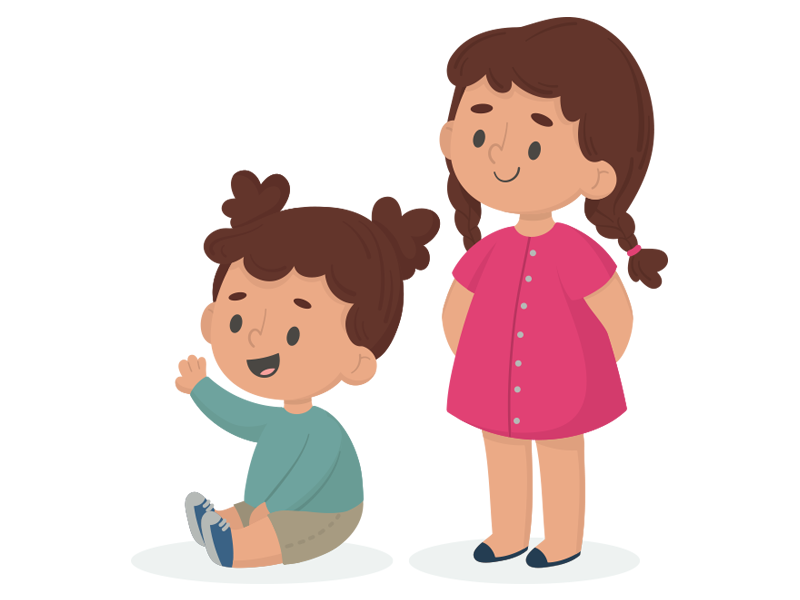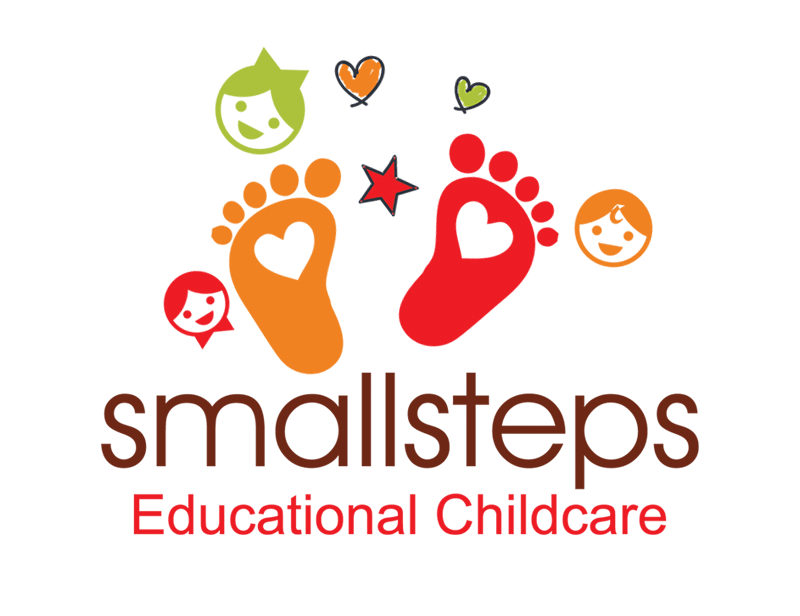The Early Years Learning Framework
Our program for the children’s education uses the most recent Early Years Learning Framework introduced by the Federal Government, we also incorporate resources and teaching skills from our different experiences with the teaching profession we have gained over the years. We ask and encourage our children’s parents to be involved in their child’s learning and incorporate their suggestions in our daily activities. We use the children’s emerging skills and knowledge as a platform to extend their learning and impart a sense of pride in their own ability.
We take time to teach the children to care for their own belongings and for those of others, to be considerate of each other’s feelings, to listen and respond to others, to share and wait politely for a chance to have a turn, to respond politely to adults and friends in the centre and to greet one another in a friendly and cooperative manner. We use simple and complex activities to encourage children’s thinking skills such as counting and sorting, matching, pre-reading and pre-writing activities, cooking, natural science, gardening, as well as the usual art, craft, drama, story telling, music and dance, and gross motor activities.
We encourage the children to help their teachers to set up activities and clear away when finished, to help care for the younger smaller children so that they become socially able, responsible and caring. We ask the children to help establish rules of play, and discuss ways to make each day a happy and helpful experience for every child because children are more inclined to follow rules that they have helped put in place.
The Early Years Learning Framework describes childhood as a time of belonging, being and becoming.
Belonging is the basis for living a fulfilling life. Children feel they belong because of the relationships they have with their family, community, culture and place
Being is about living here and now. Childhood is a special time in life and children need time to just ‘be’ – time to play, try new things and have fun
Becoming is about the learning and development that young children experience. Children start to form their sense of identity from an early age, which shapes the type of adult they will become.
The Early Years Learning Framework has five key learning outcomes:
- Learning Outcome 1: Children have a strong sense of identity
- Learning Outcome 2: Children are connected with and contribute to their world
- Learning Outcome 3: Children have a strong sense of wellbeing
- Learning Outcome 4: Children are confident and involved learners
- Learning Outcome 5: Children are effective communicators, the begin to understand how symbols and pattern systems work
Children use information and communication technologies to access information, investigate ideas and represent their thinking



